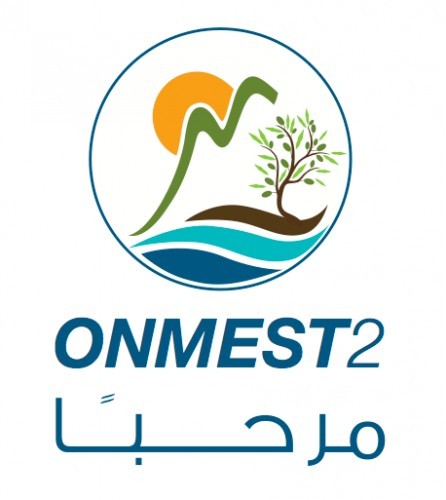|
Every country is characterized by its own industries, particularly craft industries highlighting its traditions and culture. Furthermore, every village differs from the other by its industrial and handcrafted goods.
What about Douma's products and their characteristics?
A while back, Douma was known by its cotton-spinning and clothing industry, which nowadays is no more.
Another widespread industry was the spinning and weaving of silkworm cocoons into soft shirts. Moreover, embroidery of bonnets with white silk threads constituted one of Douma's exports. Douma was also knows for the coloring of pomegranate, which granted the nickname of "Tabbah" to one of its producers.
Nowadays, this industry is currently restricted to some activities such as crochet, embroidery, knitting and drawing on fabric. These activities are performed by certain women who were members of the Doumanian National Lady's Committee (Jamiat Fatat Al Watan Al Doumania).
In addition to the above-cited industries, we could find in Douma an industry of fine leather goods mostly used today in the shoe manufacturing industry.
Douma was also very well known for its soap industry facilitated by the abundance of olive trees.
There are four olive oil presses in Douma, two of them traditional and two more modern one of which produces and bottles oil for Mazolla and is very active in export.
There was also an alchohol industry in Douma. There were two facilities that produced Arak relying on the abundance of the grape vines. Nowadays, only one industry remains but their production is only sufficient to meet local needs.
Another industry that requires mention is the sweets and sugar industry. One of the most famous products of Douma is Raha or what is also called Rahat Al Halkoum. Ice cream is also something that
Doumanian sculptors, balcksmiths and craftsmen in the field of furniture, wood and iron works were some of the most skilled in Lebanon. Douma is also known as "Douma Al Hadid" (Douma the Iron), for its renowned craftsmanship in producing iron related products.
Many Doumanian people were renowned in the weapons industry. Hanna Elias Shalhoub became famous due to his renowned reputation and expertise in various weapons industries. In 1881, he created on of the most important arms: a shotgun with two barrels admired by all who had the opportunity to see the mechanics of its operation. The shotgun caught the attention of Lebanon's Mutassarrif Rustum Pasha, who tried very hard to convince Hanna Shalhoub to work for the Mutassarrif's center of armament. However, some interference prohibited him from leaving Douma. Then Wassa Pasha, who was the Mutassarrif's successor, offered him an absolute license in order to carry and transfer his arms of whatever kind. Together with his elder son Salim he manufactured a gun consisting of seven controlled pieces with seventy screws hidden inside it. Nobody could unscrew or dismantle the pieces except the gun's manufacturer.
|







